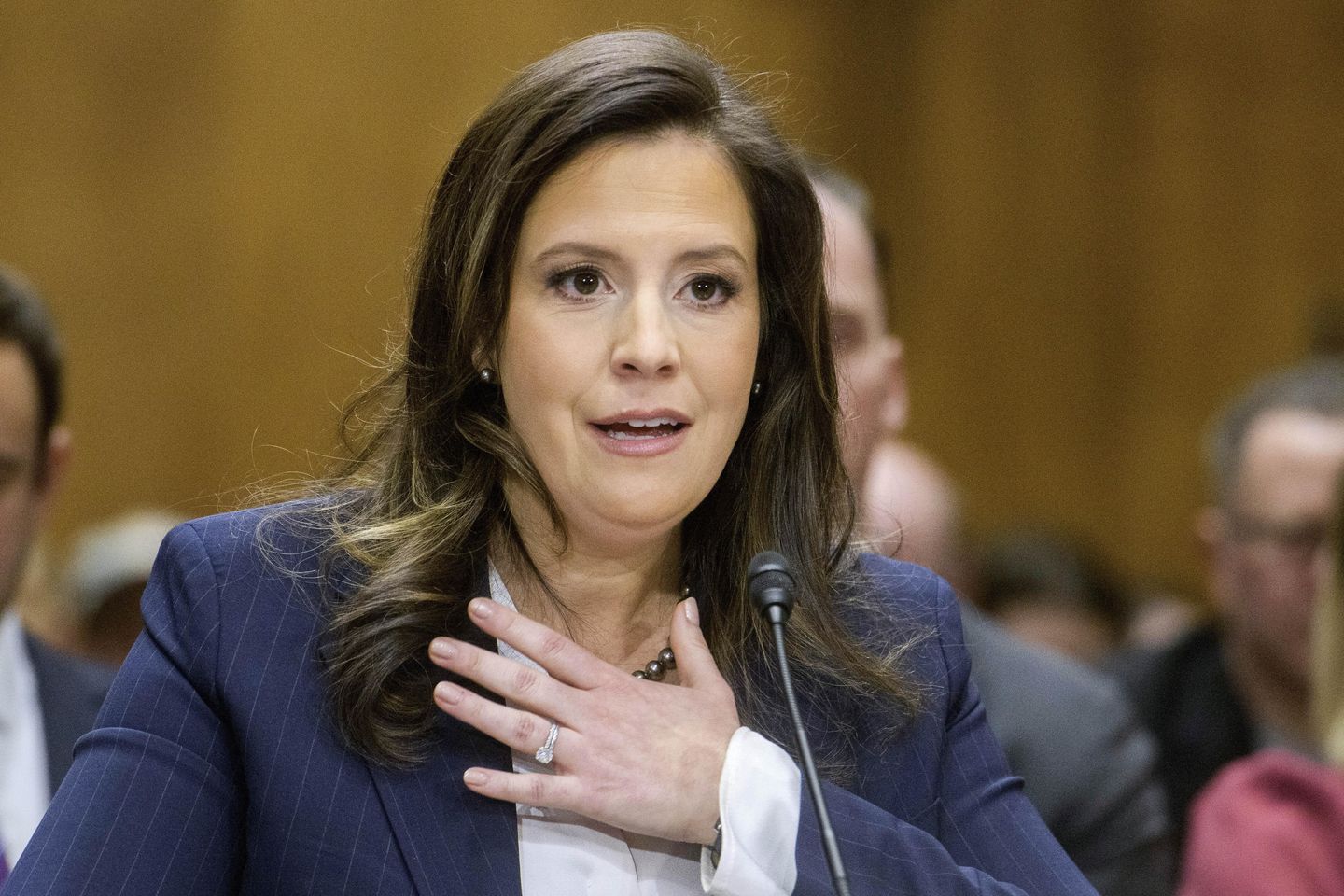
Rep. Elise Stefanik will be chairing a House Permanent Select Committee on Intelligence review of the 9/11 Commission Report to see what progress has been made since its release in 2004.
The committee will study the recommendations made by the National Commission on Terrorist Attacks Upon the United States in the report, which was released in July 2004.
“Today, as a senior member of the House Intelligence Committee and a proud New Yorker, I am honored to announce that I will [help] … evaluate the progress made on the intelligence-related recommendations,” Ms. Stefanik said.
The review was announced on the 24th anniversary of the Sept. 11, 2001, terrorist attacks in New York. Throughout the next year, committee members will hold events, hearings and briefings, both public and private, with recommendations to be released on the 25th anniversary of the attacks, the release said.
The working group will be led by Ms. Stefanik, a Republican, and Rep. Josh Gottheimer, New Jersey Democrat. House Permanent Select Committee on Intelligence Chairman Rick Crawford, Arkansas Republican, and ranking member Jim Himes, Connecticut Democrat, announced the creation of the bipartisan review.
Mr. Crawford said, “We must ensure our intelligence community and its capabilities remain one step ahead of our rapidly evolving adversaries.”
He added, “While the threats look different today, the mission remains the same: We can never allow a failure to connect the dots to result in catastrophe ever again.”
The 2004 report was nearly 600 pages and found that significant intelligence failures helped allow the massacre.
“We learned that the institutions charged with protecting our borders, civil aviation and national security, did not understand how grave this threat could be, and did not adjust their policies, plans, and practices to deter or defeat it,” the report said. “We learned of fault lines within our government — between foreign and domestic intelligence, and between and within agencies. We learned of the pervasive problems of managing and sharing information across a large and unwieldy government that had been built in a different era to confront different dangers.”
The Office of the Director of National Intelligence and the National Counterterrorism Center were created following the report.














